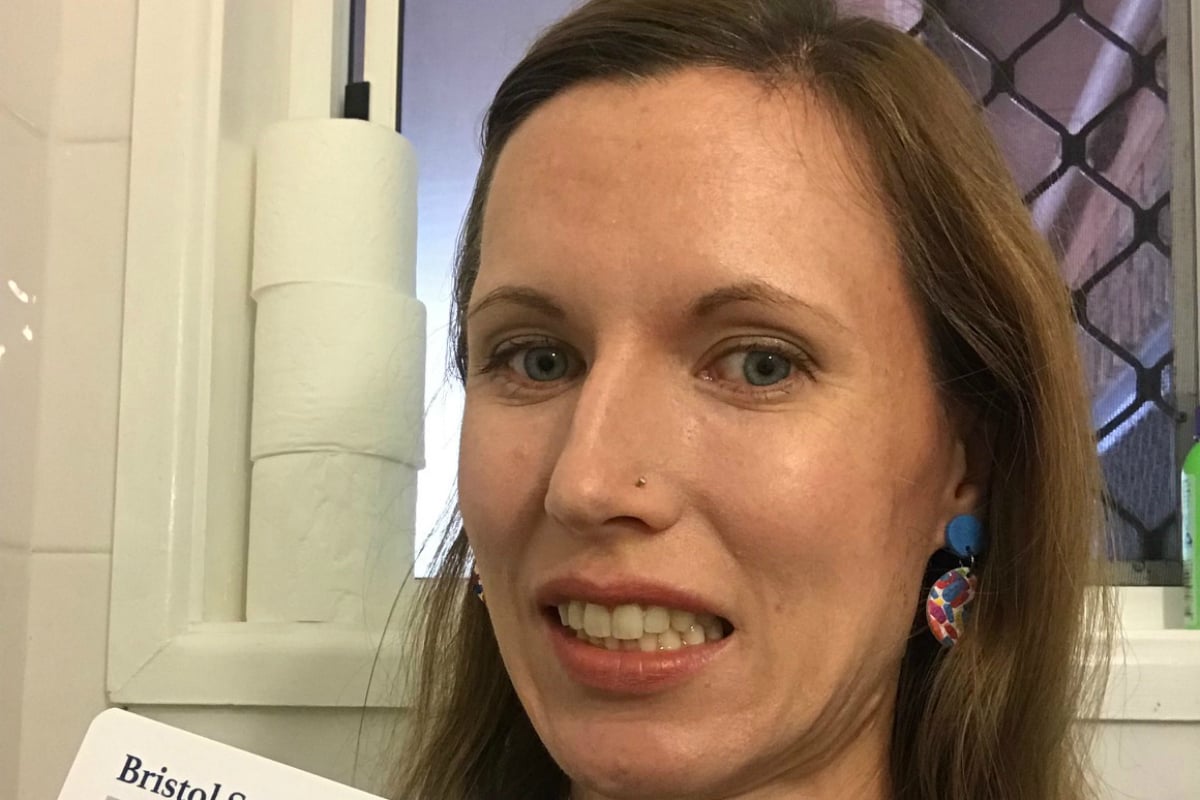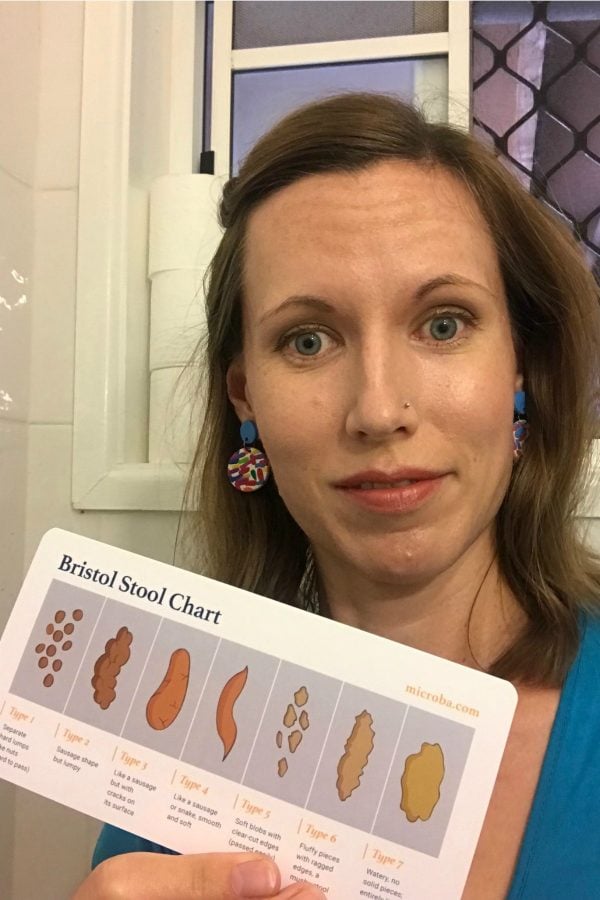
Think “gut health” and you probably think of probiotic pills and kombucha drinks. But the health of your microbiome – the 30 trillion odd microorganisms living inside you – is like a report card on your overall lifestyle.
“One of the most significant factors that influences what our microbes are up to is how well we are looking after ourselves,” says Dr Paula Smith-Brown, Lead Accredited Practising Dietitian at Brisbane company, Microba.
It begs questions like – is my gut healthy?
How healthy is your gut microbiome and what should you feed it?
It’s a question worth answering as research on gut health explodes. The little critters living inside seem to affect everything from our mood and sleep quality to our cancer risk and heart health.
These new findings are, “probably the most exciting thing that’s happened in science in the last 20 years,” according to Nicole Dynan, the Sydney-based ‘Gut Health Dietitian‘.
In my own self-experiment, I recently sent the scientists at Microba some poo on a cotton bud.



Top Comments
Interesting! Where can someone get this test done?